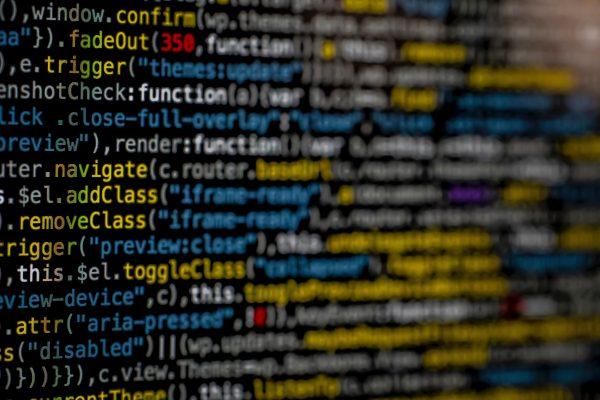
By John Michael Guerrero
Cybersecurity should be one of many priorities for the Riverside City College District.
We live in an age of technology, so proportionally, there should be an equal emphasis by the District to protect the interests and privacy of students, faculty and specialized workers. Very little is brought up regarding Information Technology or cybersecurity at Board of Trustees meetings, with the latest mention of them at the BOT meeting occuring March 7 regarding a cybersecurity initiative.
The amount of attention they have put into cybersecurity has only led to many empty promises.
If RCCD put more time and money into the Technological Support Services (TSS) Department, there would be less technological issues.
Many times they have stated issues with understaffing at various BOT meetings, which leads to a larger demand than they can properly offer and tackle.
Lately, there has been an increase in phishing and Personal Identifiable Information (PII) attacks.
Phishing emails aim to masquerade as a reputable company, business or institution, like Riverside City College, to “farm” personal information. Many Outlook accounts continue to suffer from these phishing attacks, with the latest targeting many students in the District claiming, “We received a request from you to terminate your Office 365 email. This process has begun by our administrator.” A link to “take action” and reverse this process was present. Although this issue was soon resolved via an email to students by RCCD, it goes to show how vulnerable our district is cybersecurity-wise.
PII attacks are another common attack that many students may see on their Outlook email. These emails aim at being a trustworthy source that intends to “employ” a given target to a real-life company or business.
These attacks are particularly dangerous to vulnerable community college students, many of whom survive financially week to week. This may lead many to take up the offers to turn a quick buck, and in turn lead them to complete various fraudulent transactions — leaving them in hot water with their bank.
In order to lower the risks of cybersecurity issues in the future the District should come together with the TSS to discuss ongoing technological issues and needed district-wide upgrades.
The District should also overhaul every non-upgraded device on all three campuses. More often than not, a computer may be running out-of-date software which leaves it vulnerable for multiple types of cyber attacks.
Just like how each department at a college is treated with importance in relation to the students, faculty and specialized faculty, TSS plays a huge role in protecting and securing our district.




